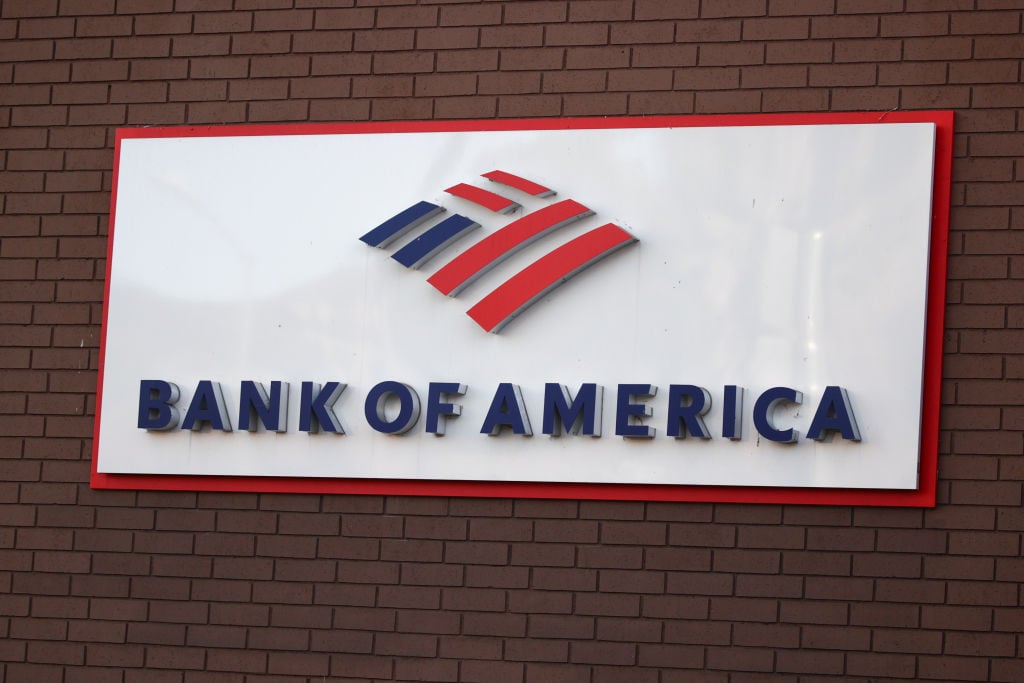You don't need a banker to earn some of the best deals in banking. Sound impossible? It isn't -- provided you know your local credit union.
Give yourself credit
Credit unions differ from banks, in that they're not-for-profit institutions. Bank of America (NYSE:BAC), BB&T (NYSE:BBT), Washington Mutual (NYSE:WM), and Wells Fargo (NYSE:WFC) make money by borrowing on the cheap and lending at a premium. Credit unions, on the other hand, pool funds to lend money at reasonable rates, then use the earnings to pay what can be generous interest rates on savings.
For example, according to a blog called Bank Deals, two of the top 10 offers for 12-month certificates of deposit are from credit unions. One, from Melrose CU, offers 5.82% on a one-year CD with a $5,000 minimum balance.
That's not all. GTE Credit Union, whose one-year CD pays 5.64% on a minimum $500 deposit, adds insurance and financial planning to a tasty menu of classic banking services.
The benefits of membership
Of course, such deals come with a small price: membership. As member-driven organizations, every CU features an organizing principle and a small fee or minimum balance to join. Most often, CUs serve their local communities.
But requirements can also be remarkably broad, making it easy for prospective members. Take Melrose, for example. Though based in New York, the CU says on its website that there are no geographic or group affiliation requirements.
Larger CUs can be more restrictive. Take Federal credit unions, for example. According to its website, you need have worked for the Department of the Navy, or be a relative of someone who has, to join the Navy Federal Credit Union.
Business-driven CUs can feature similar boundaries. For example, we are members of Alliant Credit Union, which was once the exclusive CU for United Airlines employees. I was extended membership through my dad, who worked for the carrier for more than three decades.
A few caveats
There are many reasons to love CUs: good savings rates, reasonably-priced loans, and competitive mortgages, to name just three. Accordingly, banks have taken notice. And online options have made the deals available to CU members look far less attractive. Here, then, are three reasons you may not want to do business with a credit union:
- Better deals elsewhere. High-yield savings and checking accounts frequently surpass what CUs can offer but without the membership requirements. Take EmigrantDirect, which has no account minimums, is federally insured, and demands no holding-period minimums, but which pays 5.15%. That bests the one-year CD offered by Navy Federal, which requires a $1,000 minimum balance and pays 4.90%.
- More paperwork. Mortgages offered through CUs can be inexpensive, but there are trade-offs. For example, when we first started shopping to refinance our mortgage years ago, we happened upon a CU charging slightly less than what local banks were. In exchange, we would have had to forego an escrow account for property taxes and insurance. We decided the extra paperwork wasn't worth it.
- Less flexibility. In some cases, CUs won't make it easy to electronically transfer cash back and forth with your bank. That's how it is for Alliant and us. As a result, we're considering a high-yield online savings account with a digital link to our checking. It's hard to imagine that all CUs have this restriction, however. Do some investigative work to see what your local credit union provides.
Follow the money
Credit unions are great. They frequently offer some of the best savings deals, and other financial services local banks can't match, such as insurance. Plus, the National Credit Union Administration (NCUA) typically insures CU accounts in the same manner that the Federal Depository Insurance Corp. covers bank accounts. Check with the NCUA directly to find covered CUs in your area.
Have other money tips? Tell me. I'm writing new articles on personal finance and investing basics every week as part of our new personal finance advice service, Motley Fool GreenLight. It's tailor-made for Fools like you who aim to take control of their financial destiny. Click here to learn more.
Bank of America is an Income Investor recommendation.
Fool contributor Tim Beyers thinks credit unions are better than credit cards. Tim didn't own shares in any of the companies mentioned in this story at the time of publication. Get a peek at everything he's invested in by checking his Fool profile. The Motley Fool's disclosure policy is a credit to Fools everywhere.


